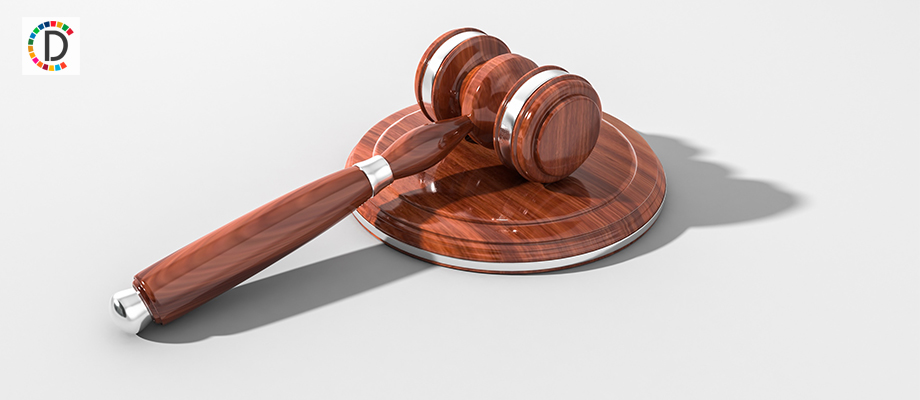Proton wins Swiss court appeal over surveillance rules
Proton calls itself the world's largest secure email provider, using end-to-end encryption and state-of-the-art security features to help build an internet that respects privacy and is secure against cyberattacks. The Swiss Federal Administrative Court upheld its appeal against the Swiss Post and Telecommunications Surveillance Service (PTSS) over its status and obligations to monitor traffic.

- Country:
- United States
Geneva-based Proton Technologies AG, the company behind ProtonMail and ProtonVPN, has won an appeal regarding its treatment under Swiss law governing surveillance of telecommunications, a Swiss court said on Friday. Proton calls itself the world's largest secure email provider, using end-to-end encryption and state-of-the-art security features to help build an internet that respects privacy and is secure against cyberattacks.
The Swiss Federal Administrative Court upheld its appeal against the Swiss Post and Telecommunications Surveillance Service (PTSS) over its status and obligations to monitor traffic. PTSS had decided in September 2020 that Proton and ProtonVPN could no longer benefit from limited surveillance obligations, but had to store data necessary for surveillance and be available to answer its questions around the clock.
PTSS had rejected Proton's appeal, but the court set aside the 2020 ruling and sent the case back for a fresh decision. Neither side was immediately available for comment.
In April, the Swiss Supreme Court ruled that providers of chat, instant messaging, Internet video or telephone services, or email services such as Threema, WhatsApp, iMessage, Zoom, Teams, Chime or Skype were not telecom service providers but rather "over-the-top" (OTT) service providers. In a post https://www.lauxlawyers.ch/en/surveillance-of-instant-messaging-swiss-federal-supreme-court-provides-clarity on its website, law firm Laux Lawyers said this meant OTT providers had to tolerate Swiss surveillance measures in principle, but did not have to remove end-to-end encryption or store traffic data to allow retroactive surveillance.
OTT providers only have to provide information and data they hold in response to requests from the PTSS, which coordinates approaches from Swiss police, prosecutors or intelligence services. In a blog post https://protonmail.com/blog/enhancing-protection-information-for-activists last month, Proton Chief Executive Andy Yen said: "Proton operates from Switzerland, a country we have intentionally chosen due to its strong privacy laws and a sound legal framework that protects against enforcement from countries with human rights issues or questionable justice systems."
But it faced criticism https://www.swissinfo.ch/eng/protonmail-scandal-tarnishes-swiss-privacy-reputation-/46952640 after a police report revealed that it provided the IP address of a user in a French investigation that led to the arrest of climate activists.
(This story has not been edited by Devdiscourse staff and is auto-generated from a syndicated feed.)
- READ MORE ON:
- Teams
- Geneva
- French
- ProtonMail
- Swiss
- iMessage
- Skype
- Switzerland
- Zoom
ALSO READ
AAP leader Gopal Rai to announce second phase of WhatsApp campaign 'Kejriwal ko Aashirwaad' today
Meta's WhatsApp back up after global outage
Meta's WhatsApp down for thousands, Downdetector shows
Meta's WhatsApp down for thousands, Downdetector shows
Meta's WhatsApp down for thousands, Downdetector shows










